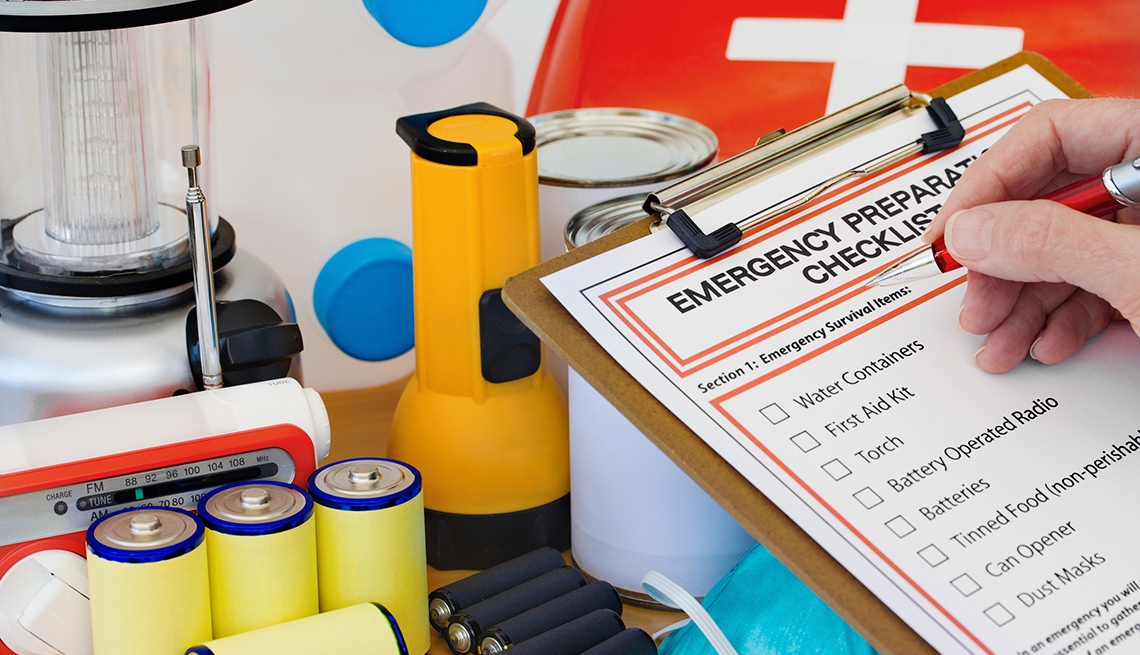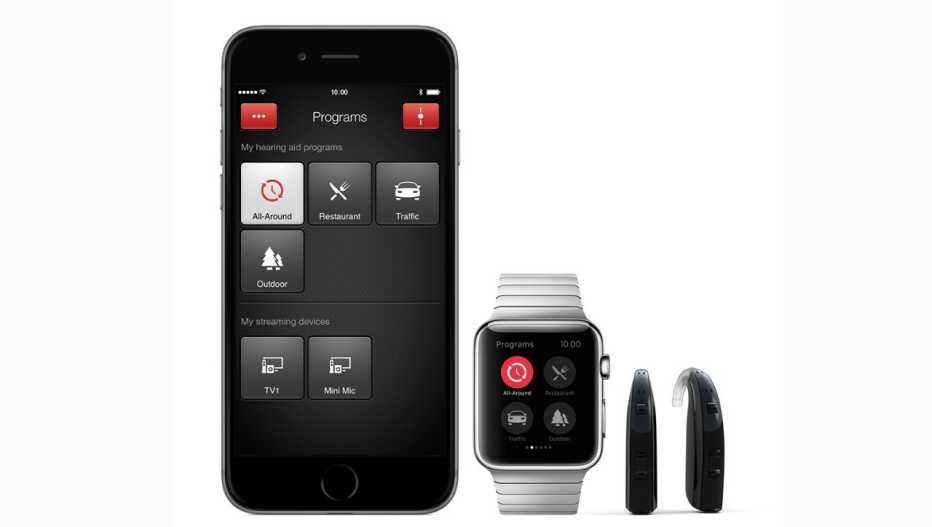AARP Hearing Center
Emergencies happen. Just recently, the country has seen floods, tornadoes, wildfires and terrorist attacks, not to mention a host of other catastrophes. It was also the 15th anniversary of 9/11, which ushered in a new era of emergency awareness.
It goes without saying that everyone should be prepared with an emergency plan. But for people with hearing loss, being prepared goes beyond the usual.
The Centers for Disease Control and Prevention offers information on its website for emergency preparedness plans, and the American Red Cross suggests what you should have in your emergency kit.
For more specific advice for those with hearing loss, the New York City chapter of the Hearing Loss Association of America recently hosted a presentation on emergency planning for the deaf and hard of hearing. Two representatives of New York City Emergency Management offered information about basic emergency planning, as well as these useful tips for adults with hearing loss:
- Use "legacy technologies." These include old-fashioned pen and paper for communicating with friends, family and emergency workers if you do not have access to your hearing aid or cochlear implant. Another legacy technology is a landline telephone. Even when cellphones, Internet, power and everything else goes, a landline may still work. Check with your provider.
- Keep extra batteries in your emergency kit. Be sure to include batteries and chargers to keep your hearing aids, cochlear implants and assistive listening systems safe and working. You'll want to have several packets of backup hearing-aid batteries and a sealed waterproof container in your emergency kit, for your hearing aid or cochlear implant. The bag or container should be big enough for extra batteries, chargers and assistive listening devices. Don't forget to include your medications, written copies of your medical information, your prescriptions, and your driver's license and passport.
Trouble hearing? AARP members can test their hearing FREE from home
- Consider a portable battery charger. Cochlear implants are more of a challenge during an emergency because their rechargeable batteries generally last at most about eight hours. This is where a portable battery charger — or two, if you want to be extra careful — may be useful. The chargers themselves need to be charged, however, so be sparing in how you use them.
- Don't forget your car as a power source. Even when all other power is out, your car (depending on the model, and as long as you have gas) will have some power for charging things like a cochlear implant battery pack, your cellphone and so on. These will be charged through the USB port.
- Flashlights are a must. They are especially important for the hard of hearing. If it's dark, you may need a flashlight to help in reading lips. Make sure you have them in your emergency kit and in a handy place in your home.
- Use Facebook's Safety Check. If cellular phone service is still working, this feature allows Facebook to notify you in the event of a disaster in your area and ask if you're safe. You click the "I'm safe" button and the message will go to your Facebook network. Facebook can also give you a list of friends who might be affected by the disaster. Facebook is selective in the disasters it covers with Safety Check, and has been criticized for implementing it in some disasters and not others, but it's still a good way for the deaf and hard of hearing to check on friends and relatives.
- Get a weather-alert radio. If you live in an area where tornadoes, hurricanes, floods, landslides or other natural disasters are common, you may want a NOAA (National Oceanic and Atmospheric Administration) weather-alert radio. They come in all price ranges, and a variety can be found by Googling "weather alert radio" or checking online at Amazon. If you are deaf or hard of hearing, you can activate a warning light. Some weather alert radios have an LCD screen for alerts.
- Sign up for emergency alerts issued by your city or community.
- Form a support network. This applies to anyone who lives alone, with or without impaired hearing. Ask two or three friends, neighbors or coworkers to be in your network so you don't go through an emergency alone. Your network partners should make a plan to stay in contact during an emergency. They also should know your medical conditions and needs, and where to find emergency and medical supplies.






































































